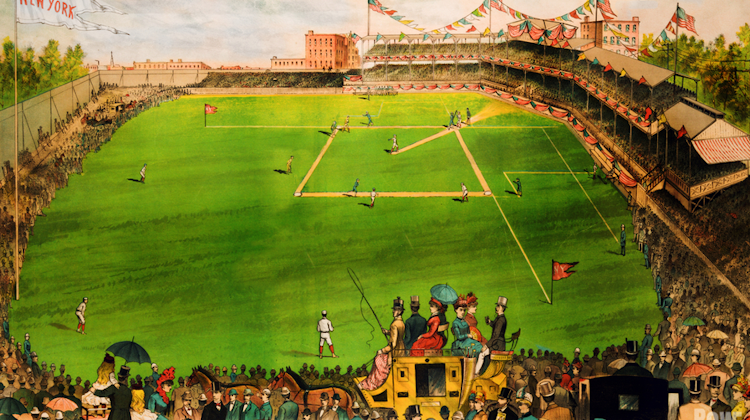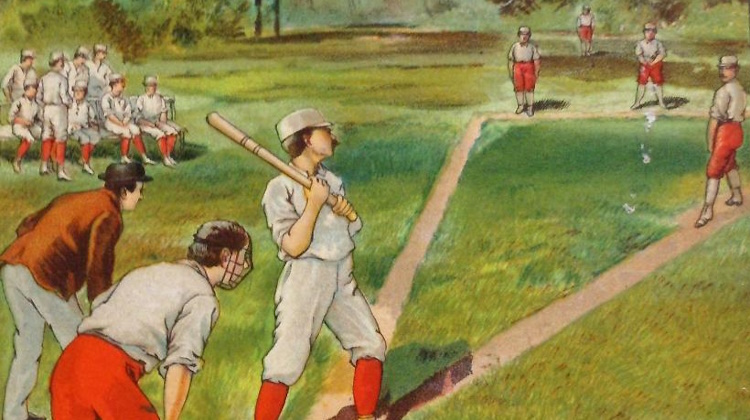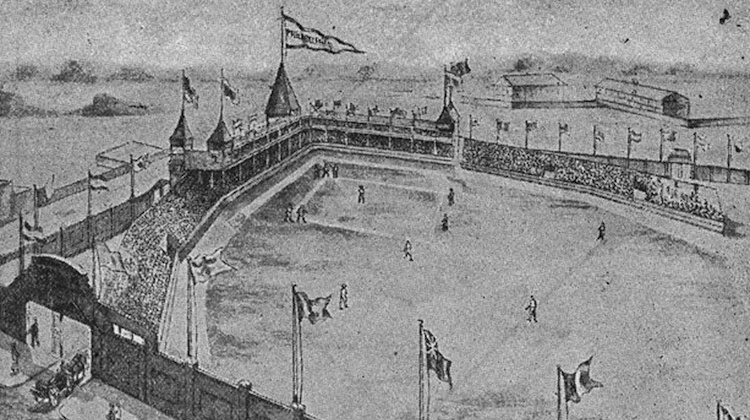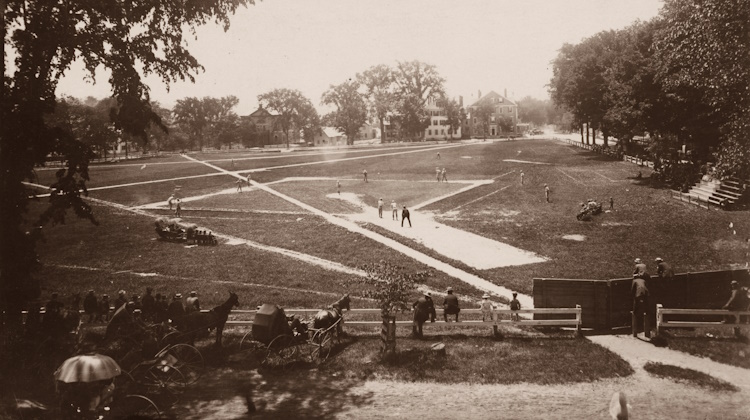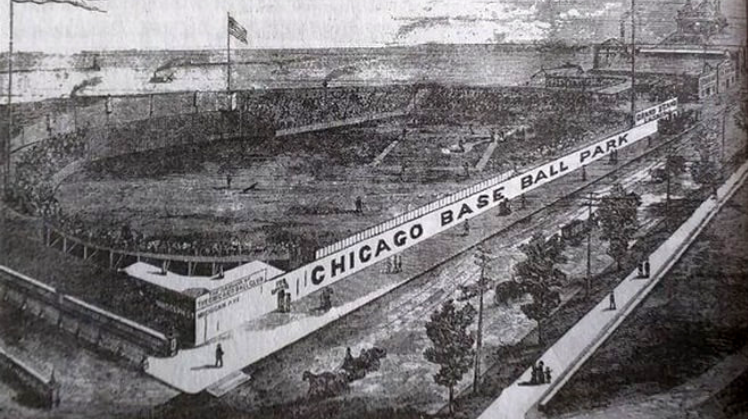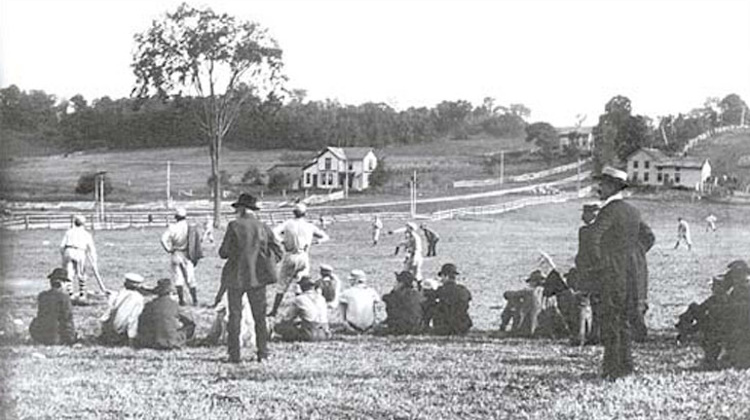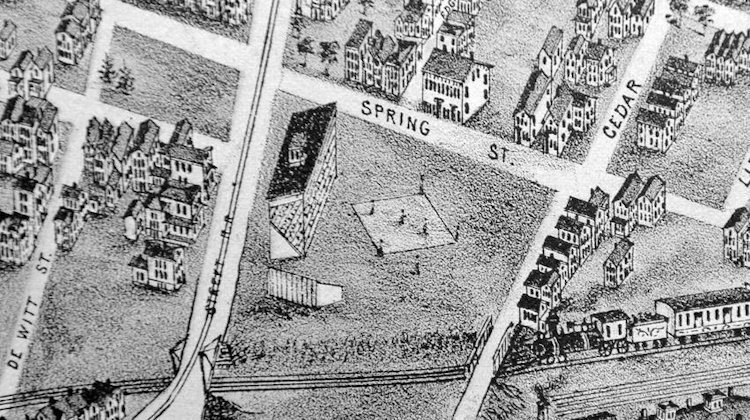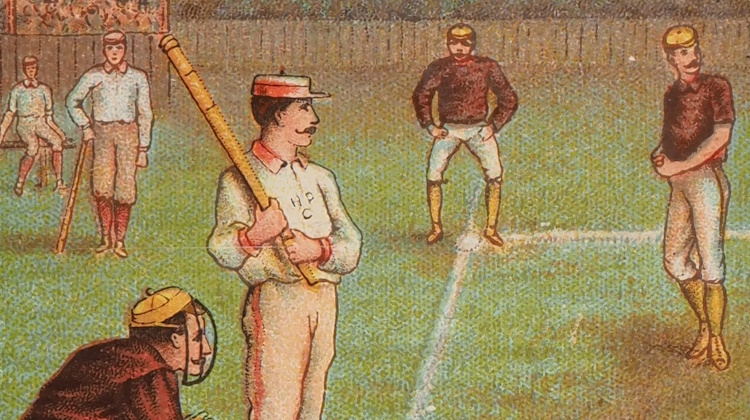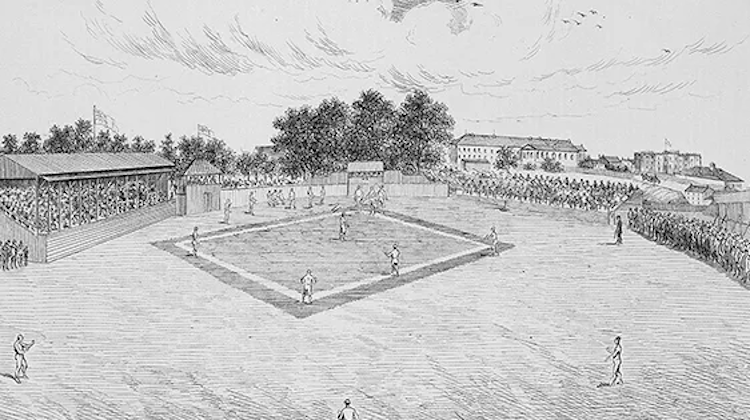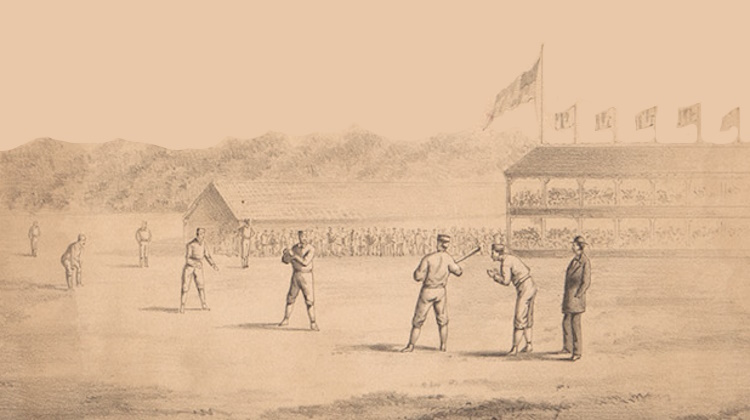The 1885 baseball season featured intense competition, culminating in a disputed championship series between the Chicago White Stockings and the St. Louis Browns, with both teams claiming victory. The season also saw significant rule changes, including the lengthening of the pitching distance and the shift to overhand pitching. Standout performances, architectural advancements, and escalating tensions between players and management highlighted a pivotal year in baseball’s evolution.
Uncategorized
1884
The 1884 baseball season featured the creation of a third major league, the Union Association, and Charles “Old Hoss” Radbourn’s record 59 game wins. The New York Metropolitans and St. Louis Maroons triumphed in their leagues, while Moses Fleetwood Walker and Welday Walker broke the color barrier. Technological advancements like the chronograph symbolized a growing analytical approach, but tensions between players and owners continued.
1883
The 1883 baseball season saw the Boston Beaneaters and Philadelphia Athletics win their respective league championships, dethroning previous champions. Charles Radbourn’s 48 game victories were a highlight. The opening of the Polo Grounds symbolized the sport’s growing popularity, while the introduction of the “Black Ink Test” statistic marked an early analytical approach. Ongoing tensions between players and owners over salary and reserve clauses hinted at future labor struggles.
1882
The 1882 baseball season marked a turning point with the launch of the American Association, rivaling the National League and aiming to attract the working class. The Chicago White Stockings won their third consecutive National League pennant, while the St. Louis Browns began their dominance in the American Association. Rule changes, strategic play, labor tensions, and increased popularity characterized this significant year in baseball history.
1881
The 1881 baseball season saw the Chicago White Stockings defend their National League pennant, while off the field, labor discontent led to the formation of the Players’ League. The creation of the American Association introduced competition to the National League. Significant individual achievements, rule changes, and ongoing labor issues marked a transformative period in baseball, shaping the business, culture, and gameplay in the late 19th century.
1880
The 1880 baseball season saw the Chicago White Stockings win the National League pennant with star pitcher Larry Corcoran’s achievements. The year marked the first allowance of overhand pitching, changing the game dynamics, and notable statistical accomplishments, including the first perfect game in MLB history by Lee Richmond. Off-field tensions between players and owners escalated, reflecting the growth, evolution, and emerging complexities of the sport.
1879
The 1879 baseball season featured the Providence Grays’ National League championship, managed by George Wright and led by star pitcher John Montgomery Ward. The season introduced the reserve clause in players’ contracts, tying them to their teams, and a rule for the called third strike, shifting the balance between pitchers and hitters. The folding of the rival International Association further consolidated the National League’s dominance, shaping baseball’s future.
1878
The 1878 baseball season saw the Boston Red Caps repeat as National League champions, finishing 41-19 under influential manager Harry Wright. A rule change moved the pitcher’s box to 50 feet, and Paul Hines became the first Triple Crown winner. The season marked the beginning of organized minor league baseball with the Northwestern League and included the expansion team Indianapolis Blues. These developments continued to shape and popularize the sport.
1877
The 1877 baseball season saw the Boston Red Caps win the National League pennant with a 42-18 record. The season was marred by a major gambling scandal involving the Louisville Grays, leading to lifetime bans for the accused players. On-field rules evolved, including a reduction in balls required for a walk from nine to eight. Future Hall of Famer Cap Anson made his debut, contributing to a significant chapter in baseball’s early history.
1876
In 1876, the National League (NL) was founded by Chicago businessman William Hulbert, marking a new era in baseball. Eight initial teams were assembled, and the Chicago White Stockings won the first season with a 52-14 record. The game’s rules were different then, but the NL’s establishment was a key step in transitioning baseball from a disorganized pastime to a structured professional sport, shaping the game as it is known today.
